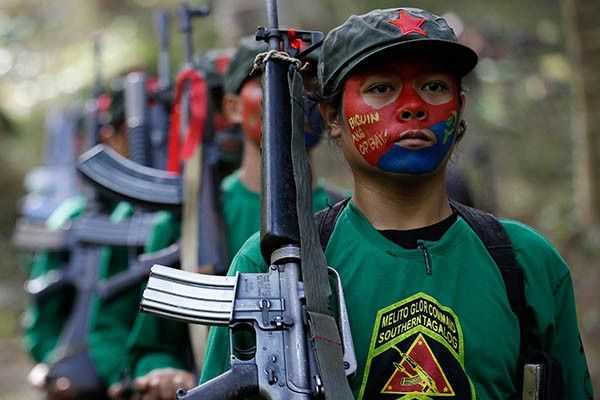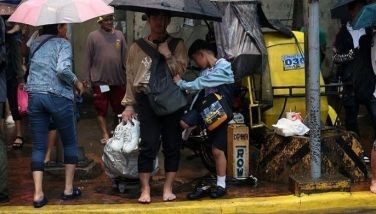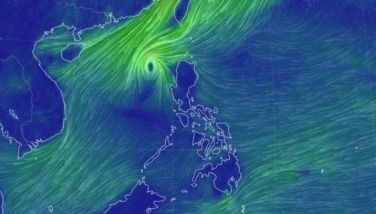Terrorist petition a ‘virtual hit list’ — Human Rights Watch

MANILA, Philippines — Human Rights Watch on Friday denounced the government petition seeking to tag more than 600 individuals as terrorists, calling it a “virtual hit list.”
READ: Government seeks 'terrorist' tag for 600 suspected Reds
In a dispatch, HRW Asia Division Researcher Carlos Conde said that the Philippine government is “putting at grave risk” the lives of these people, which include a United Nations human rights expert and dozens of leftist activists.
“The justice department’s petition is a virtual government hit list. There’s a long history in the Philippines of the state security forces and pro-government militias assassinating people labeled as NPA members or supporters,” Conde said.
He called on the administration of President Rodrigo Duterte to reject the petition and ensure the safety of the individuals included on the list.
Last month, the Department of Justice filed a petition before a Manila court seeking to declare the Communist Party of the Philippines and its armed wing, the New People’s Army, as terrorist groups. This came months after the president signed a proclamation tagging CPP and NPA as terror bodies.
The petition included United Nations special rapporteur on the rights of indigenous peoples Victoria Tauli-Corpuz and former Bayan Muna party-list Rep. Satur Ocampo on the list of terrorists.
Also included on the list were CPP founder Jose Maria Sison, former National Democratic Front of the Philippines chief negotiator Luis Jalandoni, NDFP consultant Rafael Baylosis and alleged CPP leaders Benito and William Tiamzon.
Last November, Duterte signed a proclamation formally terminating peace talks with the communist rebels. The decision stemmed from the supposed failure of the revolutionaries to show sincerity and commitment in pursuing genuine negotiations.
Duterte, moreover, had repeatedly accused militant groups as “legal fronts” of communist rebels. Activists said that the president’s “red-baiting” of individuals and organizations put their lives at risk.
- Latest
- Trending




























